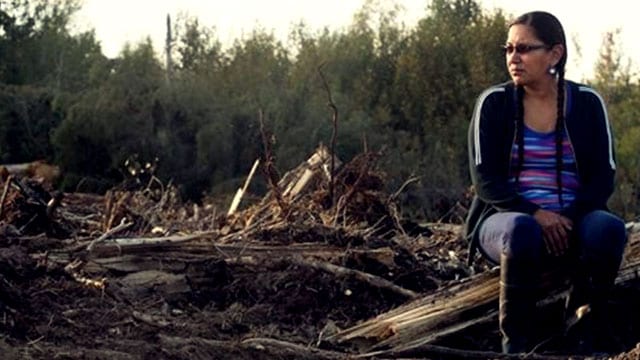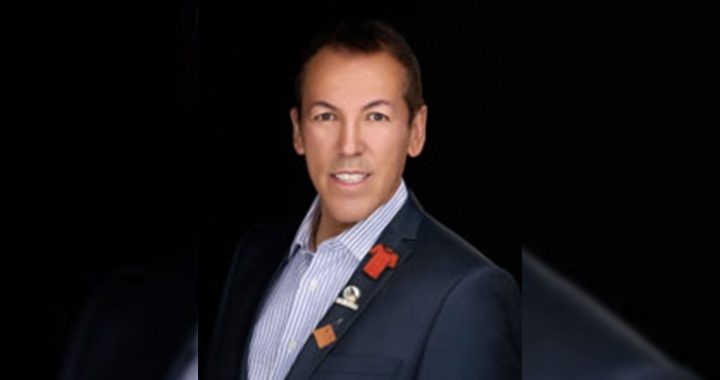
What sounds like a beef about the Saskatchewan Parks Act is really a much bigger story that involves the Doctrine of Discovery.
“What’s happening to Sylvia and Kurtis McAdam is a very long trend of provinces encroaching on Indigenous land,” said Hayden King of the Yellowhead Institute. “And using the criminal justice system to get them out of the way.”
The McAdam siblings pleaded not guilty to trespassing in February 2017.
Their two-day trial took place in Prince Albert, Sask.
The case against them was dismissed.
King said what played out in Saskatchewan is similar to the Coastal GasLink pipeline dispute on Unist’oten territory in northern B.C. and the Alton Gas battle on Mi’kmaq land in Nova Scotia, to name but two.
“Indigenous people are disproportionately criminalized under wildlife regulations and conservation regulations,” said King, in a telephone interview from Toronto.
“You have provinces assuming jurisdiction over Indigenous lands and giving themselves the right to enforce injunctions over Indigenous people who refuse to get out of the way of industry.”
Sylvia, a co-founder of the Idle No More movement, said she plans to challenge the authority of the province to kick “me off my own land.”
She and her brother hauled a trailer to Delaronde Lake, west of Prince Albert, to live near their father’s old homestead and his community’s graveyard.
“Those are my father’s people… there was even a Hudson’s Bay Fort that was there, there was even a school, there was a makeshift church,” said Sylvia.
“So this is not something that was new. We have existed on those lands for hundreds of years.”
Sylvia said she notified the province about her intention to live “on ancestral lands” and was discussing it with conservation officials when she “became homeless.”
She said when she returned to the land all of her items were confiscated.
“They say they didn’t but there it is,” she said.
Now, Sylvia has to fight for the land Treaty 6 promised her family in court, where her lawyer said she faces a fine and possible jail time.
“They were charged under the Parks Act for building a family cabin without permission,” said defence lawyer Larry Kowalchuk.
“Like so many other stories like this it arises… from somebody hunting or fishing and turns into a long Indigenous rights case.”
King, an Anishinaabe writer and educator based at Ryerson University, said the case turns on the Doctrine of Discovery, which Canada used to assume control over Indigenous territory and continues to rely on to assert sovereignty.
“We’re demanding that Canada – the successor state of the British Crown – as a colony repudiate the racist Doctrine of Discovery,” said Sylvia.
This can be done, she said, by adopting Call to Action 45 of the Truth and Reconciliation Commission’s Report – that is “to repudiate concepts used to justify European sovereignty over Indigenous lands and peoples such as the Doctrine of Discovery.”
Read: Truth and Reconciliation Commission’s Calls to Action
If Canada is going to fulfill its promise to implement all the calls to action Sylvia said, “they cannot pick and choose. This is one of the calls to action.”
In her mind, it’s the same thing.
The park she is accused of violating was created under the Doctrine of Discovery.
“These things are absolutely connected,” she said.
Another option, noted King, is that Canada has yet to enshrine Aboriginal title and rights to land in law.
Doing so might make it more difficult for lower court judges to “allow this dispossession.”










